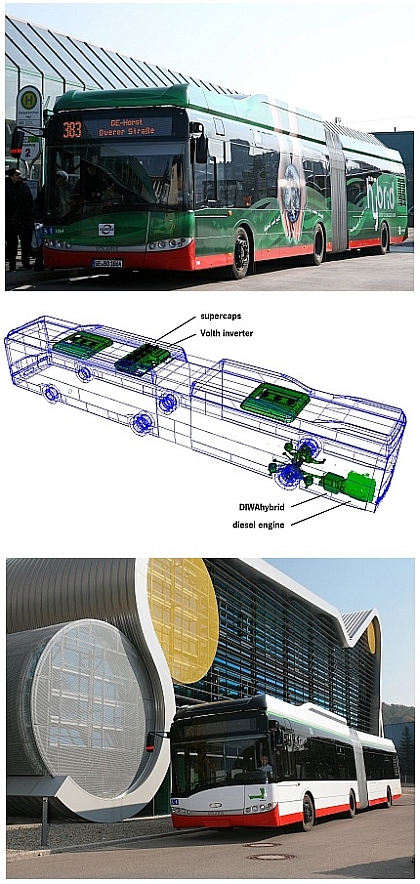
V současnosti Solaris ve spolupráci s Voith představují Urbino 18 DIWAhybrid (CZ + EN).
V současnosti Solaris ve spolupráci s Voith představují Urbino 18 DIWAhybrid (CZ + EN).
Přesně 22, března roku 1996 byla v Bolechově, nedaleko Poznaně, zahájena výroba městských nízkopodlažních autobusů. Dnes je firma Solaris, která slaví své 15. narozeniny, jedním z předních výrobců autobusů a trolejbusů v Evropě. Zaměstnává více než 2000 pracovníků a prodává své výrobky do více než 20 zemí světa.
Když se v roce 1996 v Bolechově rozběhla výroba nízkopodlažních městských autobusů, zaměstnávala firma 36 lidí. První vyrobený autobus byl určen pro Dopravní podnik v Poznani. Do konce roku 1996 továrna vyrobila celkem 56 vozidel, které vedle Poznaně byly dodány rovněž do Lublinu. Několik měsíců později jezdily autobusy z Bolechova také v Gdaňsku, Kolobrzegu, Koszalinu, Krakově, Legnici, Pile, Radomi, Walbrzychu a rovněž ve Waršavě, kde je možno dnes vidět Solarisů nejvíce. V roce 2000 se ke skupině odběratelů autobusů se „zeleným jezevčíkem” připojili první zahraniční zákazníci. Premiérové exportní Solarisy byly Urbino 15 pro městského dopravce v Ostravě, dva Urbino 12 pro soukromou společnost ABUS z Berlína a také čtyři Urbino 15 pro slovenské Košice.
Spolu se seznamem zákazníků rostla rovněž samotná firma, která zaměstnává dnes více než 2000 pracovníků a vyrábí okolo 1200 autobusů a trolejbusů. Každý den vyjíždí z továrny až 8 autobusů či trolejbusů. Zatím jezdí na světě ve více než 300 městech a 23 zemích okolo 7500 vozidel značky Solaris.
Zakladateli a vlastníky firmy jsou Solange a Krzysztof Olszewští. Solaris Bus & Coach se od počátku své činnosti dynamicky rozvíjí a rozšiřuje svou paletu výrobků o další modely, opírající se o nejnovější řešení. Solaris zkonstruoval a uvedl do své nabídky 34 modelů městských autobusů, meziměstských autobusů, speciálních autobusů a také trolejbusů a tramvají, s různými pohony i různých délek. Jedním z nich byl první v Evropě sériově vyráběný autobus s hybridním pohonem – Solaris Urbino 18 Hybrid. Dnes nabídka vozidel s hybridním pohonem představuje 4 modely s různým hybridním systémy.
V roce 2009 Solaris představil první kolejové vozidlo, tramvaj Solaris Tramino. Sériová výroba byla zahájena v roce 2010 realizací objednávky na 40 vozidel pro MPK Poznaň.
V tomto roce Solaris představí elektrobus - městský autobus poháněný elektromotorem.
TZ Solaris
Nový kloubový městský autobus Solaris Urbino 18 DIWAhybrid využívá paralelní hybridní systém Voith. elektromotor 150 kW podporuje dieselový 6.7 l 181 kW (246 PS) Cummins ISB6.7EV 250H EEV , energie je uchovávána v superkapacitoru (410 kg), složeného z pěti 125 V modulů s celkovou kapacitou 0.5 kWh. Zařízení stejně jako měnič je umístěno na střeše. Je využívána automatická převodovka DIWA.
Testování probíhá v Bochum-Gelsenkirchener Straßenbahnen AG (BOGESTRA).
Z TZ Solaris, kompletní v angličtině
The new Solaris Urbino 18 DIWAhybrid articulated city bus uses a Voith parallel hybrid system. A 150 kW electric motor supports the diesel engine. Energy is stored in supercapacitors, resulting in reduced fuel consumption and lower wear and tear. Field testing by Bochum-Gelsenkirchener Straßenbahnen AG is under way.
Reliable, economic and eco-friendly – the new Solaris Urbino 18 with Voith DIWAhybrid system is a trendsetting choice for state-of-the-art public transport. It was designed in cooperation between established partners, using well-proven components. Thousands of Solaris Urbino 18 low-floor city buses already show their credentials throughout Europe. Its new Voith Turbo hybrid drive is based on the seasoned quality of DIWA automatic gearboxes, which are used around the world, and Voith’s long-standing experience in developing electric drive systems.
“Together with our partner of many years, Voith Turbo, we now take another important step towards sustainable electric mobility. In choosing the Urbino 18 DIWAhybrid, our customers benefit from a parallel hybrid bus that makes no compromises in economy or reliability,” explains Solaris CEO Solange Olszewska.
Dr Volker Zimmermann, Managing Director Voith Turbo, adds: “Technologies that further reduce costs for transport operators and make buses even more environmentally-friendly have long been our focus. Developing electric drives for the specific operating profiles of city buses is a top priority for us. For our parallel hybrid drive, the Urbino 18 DIWAhybrid is the reference application in Germany and Europe.”
DIWAhybrid: Parallel Hybrid System with Supercapacitor Storage
The new Urbino 18 DIWAhybrid seamlessly fits into existing bus fleets and is straightforward in everyday operation. At the heart of this new bus is the DIWAhybrid parallel hybrid system developed by Voith Turbo.
In the DIWAhybrid system, an asynchronous electric motor supports the diesel engine when pulling away from stops and accelerating. During braking, the asynchronous motor acts as a generator and primary retarder, perfectly complementing the DIWA secondary retarder. This allows electric energy to be recuperated, reducing the use of the driving brake, minimising brake wear and tear and lowering resulting particulate emission.
Energy recaptured during braking is stored in a supercapacitor unit weighing only 410 kg. Its five 125 V modules have a total storage capacity of 0.5 kWh. Supercapacitors as well as the Voith inverter are roof-mounted, eliminating passenger saloon intrusion. Elegant exterior roof panels point to the Urbino 18 DIWAhybrid’s trendsetting technology.
The DIWAhybrid system is designed for up to 290 kW power input and a maximum input torque of 1 600 Nm. At 150 kW electric traction power, the DIWAhybrid system reduces the load of the diesel engine enough for the latter to be substantially smaller than on conventional diesel buses. The Urbino 18 DIWAhybrid uses a 6.7-litre, 181 kW (246 PS) Cummins ISB6.7EV 250H diesel engine meeting the demanding EEV emissions standard.
Thanks to the use of a smaller diesel engine, the weight of the entire bus is just 600 kg above that of a diesel-powered Urbino 18. The passenger saloon layout is identical to the conventional version, with passenger capacity only marginally affected. The Urbino 18 DIWAhybrid has 51 comfortable seats and a room for 161 passengers total.
BOGESTRA AG Chooses Electric Mobility
Když se v roce 1996 v Bolechově rozběhla výroba nízkopodlažních městských autobusů, zaměstnávala firma 36 lidí. První vyrobený autobus byl určen pro Dopravní podnik v Poznani. Do konce roku 1996 továrna vyrobila celkem 56 vozidel, které vedle Poznaně byly dodány rovněž do Lublinu. Několik měsíců později jezdily autobusy z Bolechova také v Gdaňsku, Kolobrzegu, Koszalinu, Krakově, Legnici, Pile, Radomi, Walbrzychu a rovněž ve Waršavě, kde je možno dnes vidět Solarisů nejvíce. V roce 2000 se ke skupině odběratelů autobusů se „zeleným jezevčíkem” připojili první zahraniční zákazníci. Premiérové exportní Solarisy byly Urbino 15 pro městského dopravce v Ostravě, dva Urbino 12 pro soukromou společnost ABUS z Berlína a také čtyři Urbino 15 pro slovenské Košice.
Spolu se seznamem zákazníků rostla rovněž samotná firma, která zaměstnává dnes více než 2000 pracovníků a vyrábí okolo 1200 autobusů a trolejbusů. Každý den vyjíždí z továrny až 8 autobusů či trolejbusů. Zatím jezdí na světě ve více než 300 městech a 23 zemích okolo 7500 vozidel značky Solaris.
Zakladateli a vlastníky firmy jsou Solange a Krzysztof Olszewští. Solaris Bus & Coach se od počátku své činnosti dynamicky rozvíjí a rozšiřuje svou paletu výrobků o další modely, opírající se o nejnovější řešení. Solaris zkonstruoval a uvedl do své nabídky 34 modelů městských autobusů, meziměstských autobusů, speciálních autobusů a také trolejbusů a tramvají, s různými pohony i různých délek. Jedním z nich byl první v Evropě sériově vyráběný autobus s hybridním pohonem – Solaris Urbino 18 Hybrid. Dnes nabídka vozidel s hybridním pohonem představuje 4 modely s různým hybridním systémy.
V roce 2009 Solaris představil první kolejové vozidlo, tramvaj Solaris Tramino. Sériová výroba byla zahájena v roce 2010 realizací objednávky na 40 vozidel pro MPK Poznaň.
V tomto roce Solaris představí elektrobus - městský autobus poháněný elektromotorem.
TZ Solaris
V roce 2010 firma Solaris Bus & Coach vyrobila a prodala nejvíce vozidel ve své historii
Solaris ve spolupráci s Voith představují Urbino 18 DIWAhybrid
Bolechowo/Heidenheim, 25.3.2010Nový kloubový městský autobus Solaris Urbino 18 DIWAhybrid využívá paralelní hybridní systém Voith. elektromotor 150 kW podporuje dieselový 6.7 l 181 kW (246 PS) Cummins ISB6.7EV 250H EEV , energie je uchovávána v superkapacitoru (410 kg), složeného z pěti 125 V modulů s celkovou kapacitou 0.5 kWh. Zařízení stejně jako měnič je umístěno na střeše. Je využívána automatická převodovka DIWA.
Testování probíhá v Bochum-Gelsenkirchener Straßenbahnen AG (BOGESTRA).
Z TZ Solaris, kompletní v angličtině
Solaris and Voith Present Urbino 18 DIWAhybrid
Bolechowo/Heidenheim, 25 March 2010The new Solaris Urbino 18 DIWAhybrid articulated city bus uses a Voith parallel hybrid system. A 150 kW electric motor supports the diesel engine. Energy is stored in supercapacitors, resulting in reduced fuel consumption and lower wear and tear. Field testing by Bochum-Gelsenkirchener Straßenbahnen AG is under way.
Reliable, economic and eco-friendly – the new Solaris Urbino 18 with Voith DIWAhybrid system is a trendsetting choice for state-of-the-art public transport. It was designed in cooperation between established partners, using well-proven components. Thousands of Solaris Urbino 18 low-floor city buses already show their credentials throughout Europe. Its new Voith Turbo hybrid drive is based on the seasoned quality of DIWA automatic gearboxes, which are used around the world, and Voith’s long-standing experience in developing electric drive systems.
“Together with our partner of many years, Voith Turbo, we now take another important step towards sustainable electric mobility. In choosing the Urbino 18 DIWAhybrid, our customers benefit from a parallel hybrid bus that makes no compromises in economy or reliability,” explains Solaris CEO Solange Olszewska.
Dr Volker Zimmermann, Managing Director Voith Turbo, adds: “Technologies that further reduce costs for transport operators and make buses even more environmentally-friendly have long been our focus. Developing electric drives for the specific operating profiles of city buses is a top priority for us. For our parallel hybrid drive, the Urbino 18 DIWAhybrid is the reference application in Germany and Europe.”
DIWAhybrid: Parallel Hybrid System with Supercapacitor Storage
The new Urbino 18 DIWAhybrid seamlessly fits into existing bus fleets and is straightforward in everyday operation. At the heart of this new bus is the DIWAhybrid parallel hybrid system developed by Voith Turbo.
In the DIWAhybrid system, an asynchronous electric motor supports the diesel engine when pulling away from stops and accelerating. During braking, the asynchronous motor acts as a generator and primary retarder, perfectly complementing the DIWA secondary retarder. This allows electric energy to be recuperated, reducing the use of the driving brake, minimising brake wear and tear and lowering resulting particulate emission.
Energy recaptured during braking is stored in a supercapacitor unit weighing only 410 kg. Its five 125 V modules have a total storage capacity of 0.5 kWh. Supercapacitors as well as the Voith inverter are roof-mounted, eliminating passenger saloon intrusion. Elegant exterior roof panels point to the Urbino 18 DIWAhybrid’s trendsetting technology.
The DIWAhybrid system is designed for up to 290 kW power input and a maximum input torque of 1 600 Nm. At 150 kW electric traction power, the DIWAhybrid system reduces the load of the diesel engine enough for the latter to be substantially smaller than on conventional diesel buses. The Urbino 18 DIWAhybrid uses a 6.7-litre, 181 kW (246 PS) Cummins ISB6.7EV 250H diesel engine meeting the demanding EEV emissions standard.
Thanks to the use of a smaller diesel engine, the weight of the entire bus is just 600 kg above that of a diesel-powered Urbino 18. The passenger saloon layout is identical to the conventional version, with passenger capacity only marginally affected. The Urbino 18 DIWAhybrid has 51 comfortable seats and a room for 161 passengers total.
BOGESTRA AG Chooses Electric Mobility
The Urbino 18 DIWAhybrid was developed with support from the German Federal Ministry of Transport, Building and Urban Development and NOW GmbH National Organisation Hydrogen and Fuel Cell Technology. As part of the Rhein-Ruhr Electric Mobility Model Region, a pre-production vehicle entered service with Bochum-Gelsenkirchener Straßenbahnen AG (BOGESTRA AG) in mid-February 2011. After six months of field testing, the first production vehicles for BOGESTRA AG and other German operators will follow in summer 2011. BOGESTRA AG has successfully used climate-friendly drive technology since early 2008, when it took delivery of the first hybrid bus in North Rhine-Westphalia. Three more followed in 2010 and when the new Urbino 18 DIWAhybrid arrive in mid-2011, the company’s fleet will increase to 15 hybrid buses.
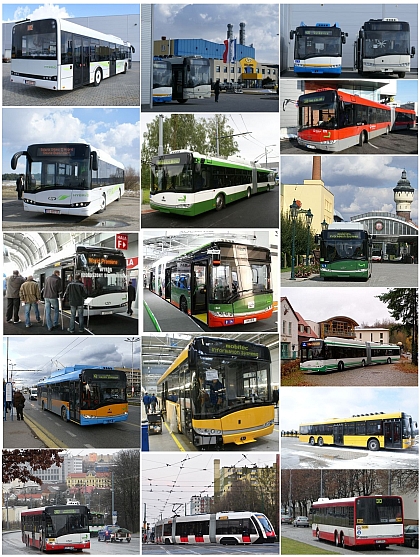
Mohli jste také vidět na BUSportálu v roce 2010


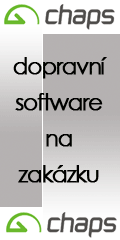
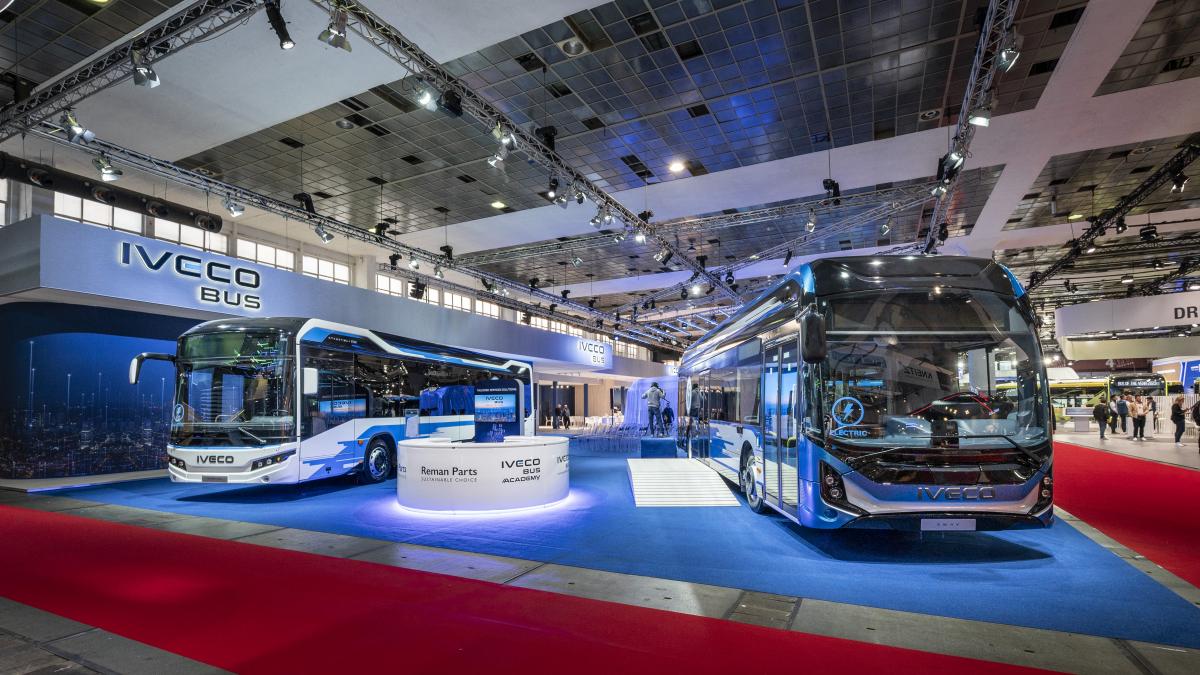 IVECO GROUP oznámila milionové investice do autobusového…
IVECO GROUP oznámila milionové investice do autobusového…
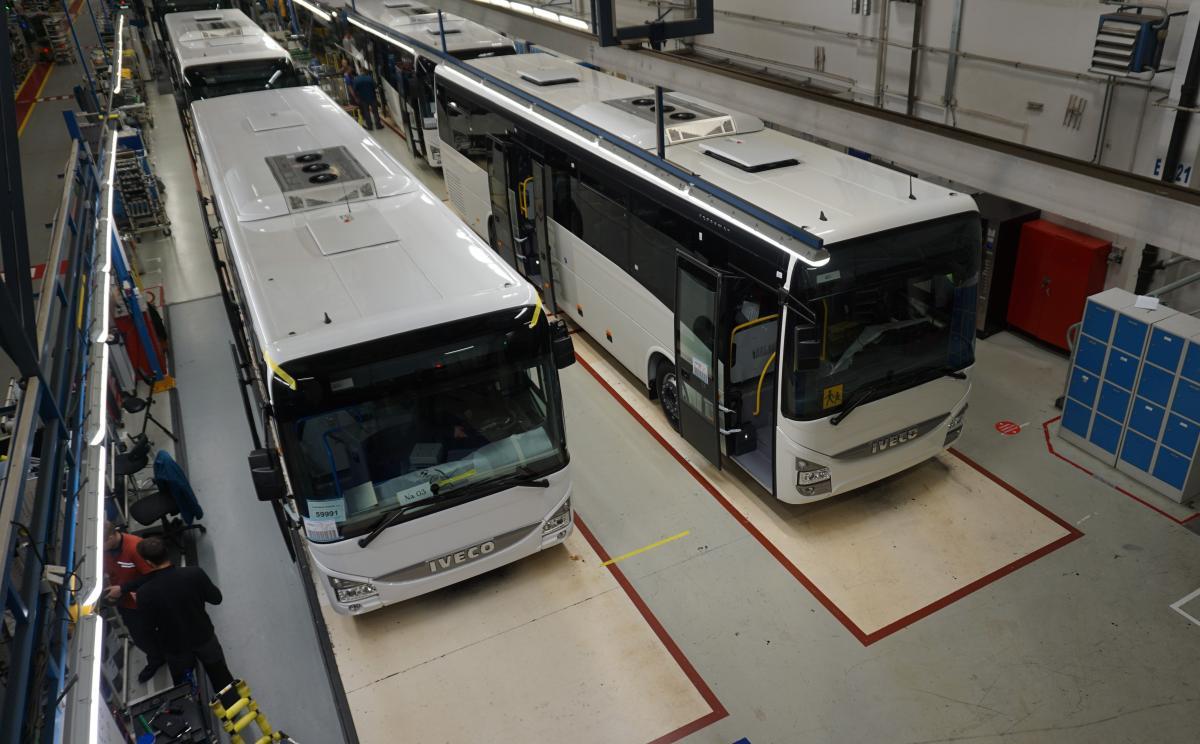 Registrace autobusů v lednu 2024
Registrace autobusů v lednu 2024
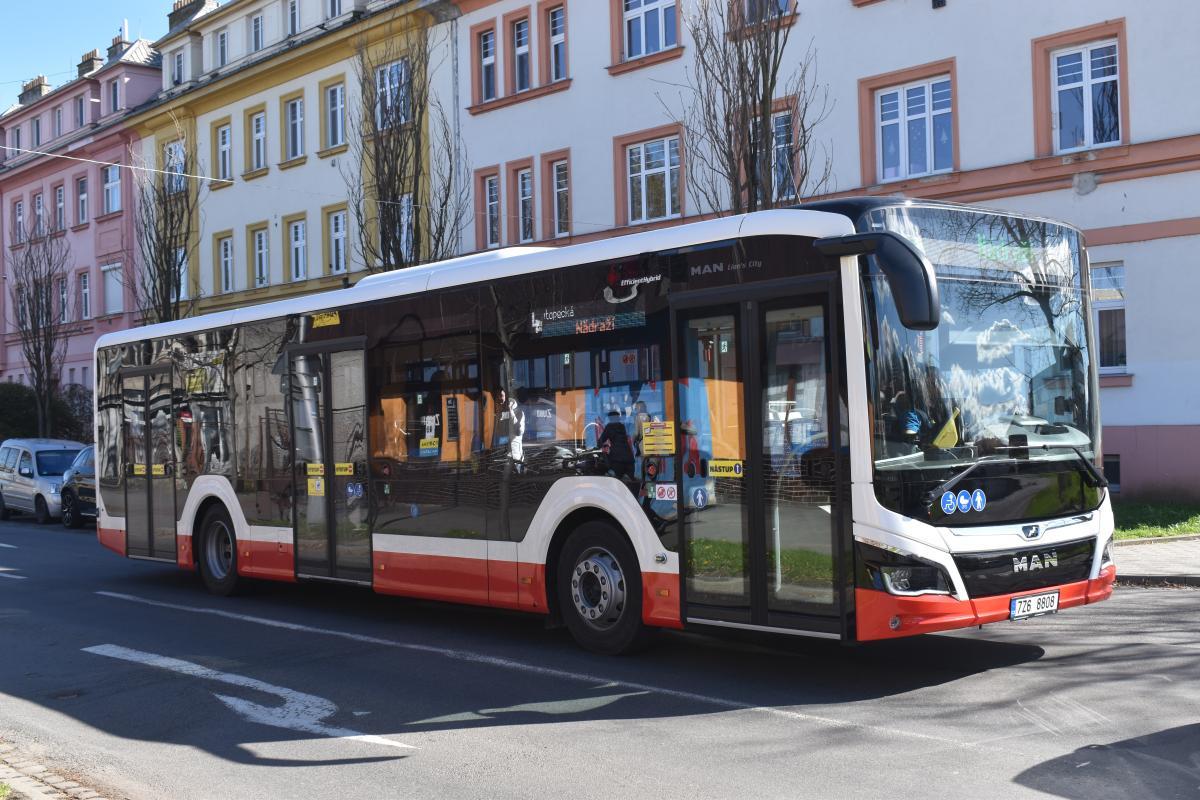 Registrace autobusů v březnu 2024
Registrace autobusů v březnu 2024







